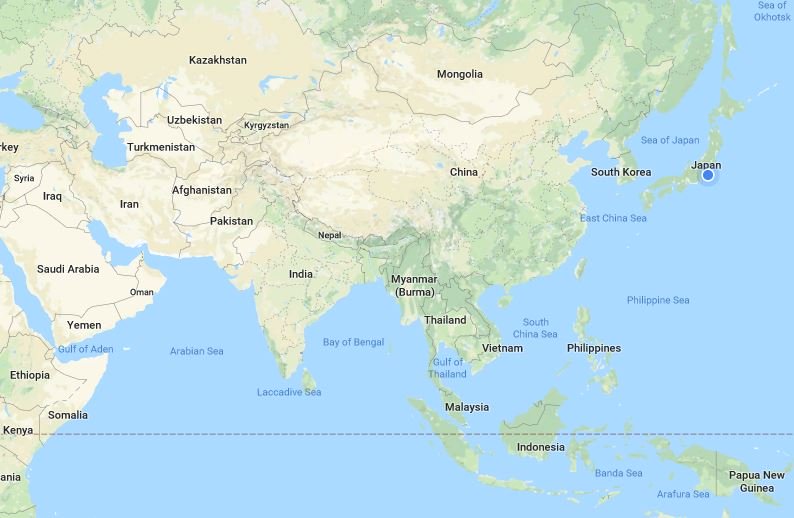
China’s Sinopharm and Sinovac reported positive midstage clinical results for their inactivated COVID-19 vaccines, just as Clover Biopharmaceuticals entered the clinic with its subunit vaccine with help from adjuvants by GlaxoSmithKline and Dynavax. A Takeda plant in Japan was slapped with an FDA warning letter, and the company is sending off seven neuroscience assets to Neurocrine Biosciences. And more.
1. China’s Sinopharm touts 100% antibody response for COVID-19 vaccine it’s already giving to workers
China’s state-owned Sinopharm said an inactivated COVID-19 vaccine developed by its subsidiary China National Biotec Group’s Wuhan Institute of Biological Products induced neutralizing antibodies in all participants at the middle strength when given 28 days apart in a phase 1/2 trial. The experimental shot—along with another inactivated version by the company’s Beijing institute—is already being offered to employees of large state-owned companies who intend to travel overseas.
2. China’s Sinovac plots pivotal COVID-19 vaccine trial in Brazil after positive phase 2
Another inactivated COVID-19 vaccine from China, Sinovac Biotech’s CoronaVac, triggered neutralizing antibodies in more than 90% of the 600 volunteers in a phase 2 study. The company has penned a deal with Instituto Butantan to run the vaccine’s phase 3 in Brazil.
3. Takeda blasted again for particle contamination months after Natpara recall
Last year, Takeda launched a U.S. recall of Natpara over risks of rubber particles shedding into drug vials. In a recent warning letter, the FDA blasted Takeda’s Hikari plant in Japan for failing to identify the cause of particulates found in finished-dose vials of an unidentified drug. Inspectors also found that Takeda failed to address a problem with a malfunctioning piece of aseptic equipment despite multiple investigations.
4. Takeda farms out 7 neuro programs to Neurocrine in deal worth up to $ 2B
Meanwhile, Takeda is transferring several neuroscience programs to Neurocrine Biosciences. For the seven assets, including clinical-stage drugs in schizophrenia, depression and anhedonia, Neurocrine agreed to shell out $ 120 million up front and nearly $ 1.9 billion in milestone payments if goals are met. The Japanese pharma also has an option for a 50% cut of profit for each drug.
5. Using GSK and Dynavax tech, Clover kickstarts COVID vax trial, with data drop in August
China’s Clover Biopharmaceuticals has started clinical trials of its COVID-19 S-Trimer subunit vaccine candidate, SCB-2019. The phase 1 study will evaluate the vaccine in two adjuvant systems: The AS03 vaccine booster it’s licensed from GlaxoSmithKline, and Dynavax’s TLR9 agonist adjuvant, CpG 1018.
6. Roche’s Herceptin under threat in China as 3SBio’s HER2 drug Cipterbin wins nod (release, PDF)
Chinese regulators approved 3SBio’s domestically developed HER2 drug Cipterbin (inetetamab), in combination with chemo, to treat HER2-positive metastatic breast cancer. The nod ends Roche’s HER2 monopoly in the country. Citing a report from Frost & Sullivan, 3SBio says China’s HER2 market will grow to 9.4 billion yuan ($ 1.3 billion) in 2023, up from 3.2 billion yuan ($ 450 million) in 2018.
